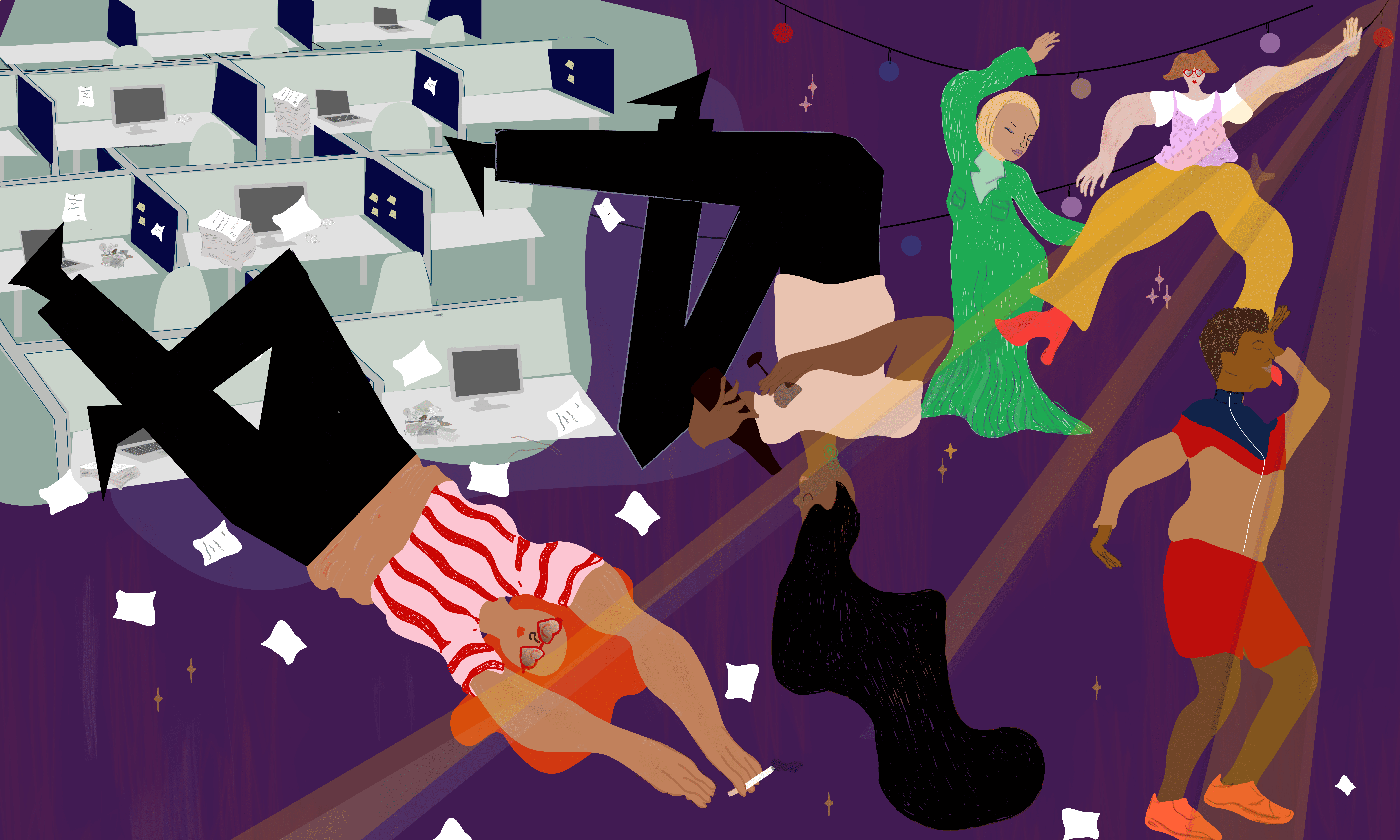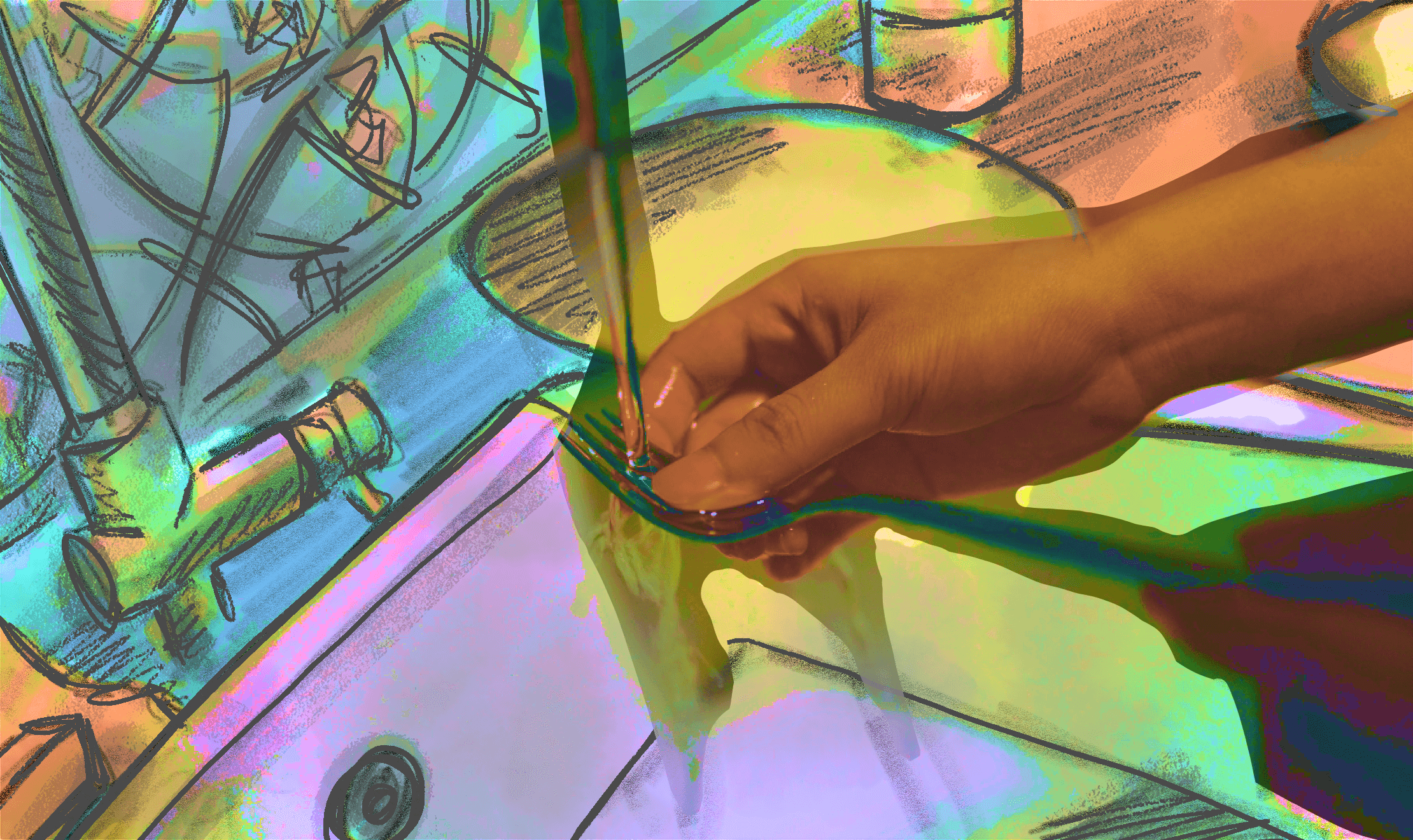
#SELFCARESUNDAYS: 10 lessons I wish someone told me about race, gender and class in the workplace
R Kaur
21 Jan 2018
I’ve been working for 15 years now, largely in organisations working on social challenges. I feel working class women from ethnic minority backgrounds are poorly prepared for the issues they are going to face in the workplace. I also think they are poorly supported in the workplace on a practical level.
I’ve been reflecting on the last 15 years of my professional life and thinking about what advice I would give to my 21 year-old self when starting a career. Here are 10 lessons I’m sharing with anyone from a working class and ethnic minority background who is embarking on their professional career.
Lesson 1: start learning about the obvious and subtle nuances of how race, gender and class play out in your workplace.
Don’t ignore it. In my own experience, race and gender largely show up in more obvious ways. Your class however will come up in subtle ways. Assumptions about your identity and culture will be made e.g. you may become the Indian in the organisation when England wins the Ashes, or you’ll be asked ill-advised cultural questions like “will you have an arranged marriage?”
Remarks will be made about what you should be doing to “nail down” a man and from the age of 28 onwards everyone becomes interested in your love life because they don’t understand why you’re single and it’s somehow ok to talk about this in front of your colleagues. You’re not expected to feel insecure about this. You’re expected to follow life’s journey like everybody else and fit into the box society has defined for you.
The way you use the English language becomes important so expect your grammar and punctuation to be corrected, sometimes in front of your colleagues. You might be educated around culinary rules e.g. silver service. You might also be thought of as being “special” for making as much progress as you have in your career given your background.
Lesson 2: develop your self-awareness about the cultural environments you spend your working time in.
It’s worth reflecting on how sensitive you are to the culture in your workplace – these are the behaviours, attitudes and mind-sets you’re coming across. There are a number of factors that influence the culture including: the industry, size of the organisation, how long the organisation has been operating and the level of diversity in the organisation. Here are some questions I’ve reflected on when working in each organisation: what kind of people does this industry or organisation attract? What does this mean for the behaviours and mindset I’m coming across? What is my tolerance level for these behaviours and mind-sets? What behaviours, attitudes and mind-sets am I uncomfortable adapting to?
Lesson 3: don’t have high expectations from organisations around these issues.
I’ve noticed that organisations with social missions tend to attract privileged people – possibly because privileged people can afford to live on a lower salary. I’ve found this tends to nurture a homogenous culture (i.e. a certain way of thinking and doing things). If you’re interested in working with these organisations, then do your research. Ask questions about diversity in your interview – but the unfortunate truth is, you can’t do much more than this.
Lesson 4: don’t expect the organisational rhetoric to work in practice even when there are claims about being serious when it comes to diversity.
Instead, learn to appreciate that people will be in a different place on the maturity spectrum in comparison to you – they won’t have your experiences. Find your tribe outside of work for the sake of your mental health and emotional well-being. Peer-to-peer support is very effective.
Lesson 5: you will feel anger and frustration – don’t dismiss it.
You might be asked to see a counsellor to help you “manage” your anger so it doesn’t affect your work. I would advise you to see a counsellor – but to help you understand your anger, not manage it. Use the time to learn about your triggers e.g. your ego, vulnerabilities and insecurities. Having nervous breakdowns is normal for the journey we’re on – you’re developing your self-awareness.
Lesson 6: be careful with organisations that claim to be non-hierarchical.
I was initially naive and have learned the hard way that this country is deeply hierarchical. Any employers trying to create environments where they claim hierarchies don’t exist – quite simply put – are at best unrealistic and at their worst redundant and pretentious.
Lesson 7: learn the art of conversation when talking about topics focused on diversity issues.
Understand the intention of the person you’re speaking with when they’re asking you questions about your experiences in the workplace. If the intention is to learn and they’re serious – then be generous with your insights and experiences. But if people are asking these questions at face value – then don’t waste your time.
Lesson 8: when it feels like you’re climbing Mount Everest while others have already made it to the top – learn to let go.
It doesn’t have anything to do with you so try your best not to doubt yourself. It’s hard not to take it personally when you notice people with privileged backgrounds gaining the job titles you’re still working hard for. Focus on the experience you want to have and where you want to be in the future.
Lesson 9: learn to look after yourself, because your employers might not.
Read books on race, gender and class and post-colonialism. Build your understanding on how this influences the attitudes, mindsets and behaviours you’re coming across in the workplace. Schedule regular breaks, I would suggest every three months at the least. Try not to get blinded by your ambition. I’ve learned the hard way, it’s not worth it. Other people will never truly understand your value – only you will.
Lesson 10: recognise and value all the people and places that keep you grounded.
This could be your parents, siblings, friends, home, community, temple, movies, music and parks etc. Learn to hold on to what keeps you rooted in who you are. Under all these pressures, even the strongest of people can feel the compulsion to “fit in”. Remember, you’re the one making the choices on who you want to be.
My intention in sharing these insights is not to dissipate your hopes about your future careers. My intention is to share these insights so we can start a rich dialogue and support one another in the practice of addressing these behaviours, attitudes and mind-sets in the workplace.
I personally found schools and universities were a bubble that nurtured an artificial space to talk about this stuff. We can use this time effectively to start thinking about our principles and values. But I’ve found the workplace is where you’ll learn about your convictions and courage – especially if you’re the kind of person who finds it hard to turn a blind eye. Use the workplace to build your courage, learn about your convictions and help others by sharing your insights.
Call to action: share your insights and experiences with me. I would love to hear about people’s experiences of inappropriate behaviours, attitudes and mindsets in the workplace. How have you dealt with these? What have you found most effective? Do you have any top tips?
Caveat: please note that the insights above are based on my subjective experiences in the working environment. They do not reflect the experiences of all women from working class, minority ethnic backgrounds working in the U.K.









